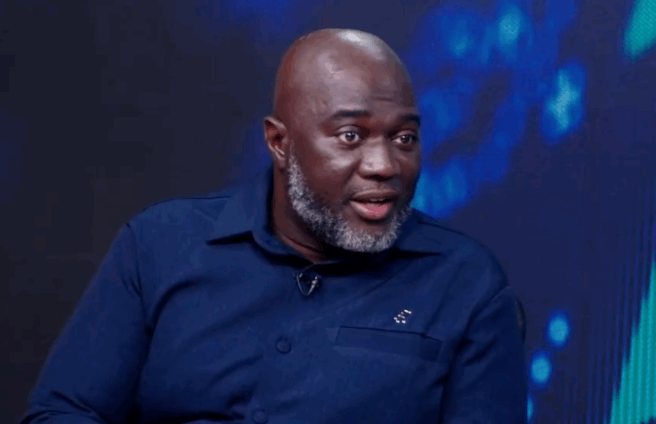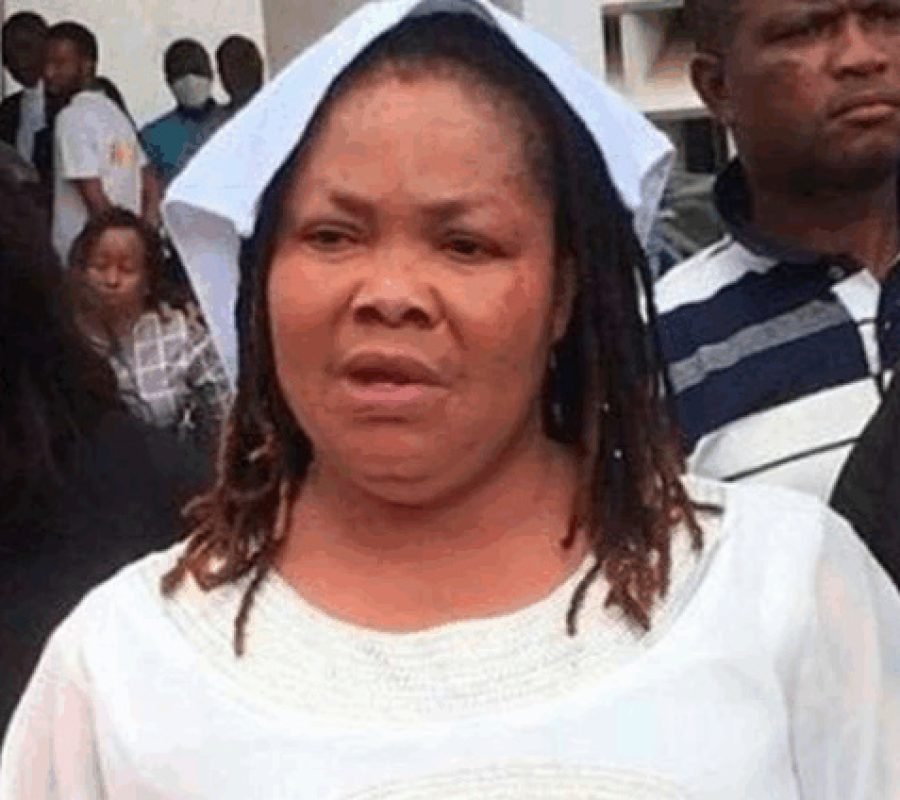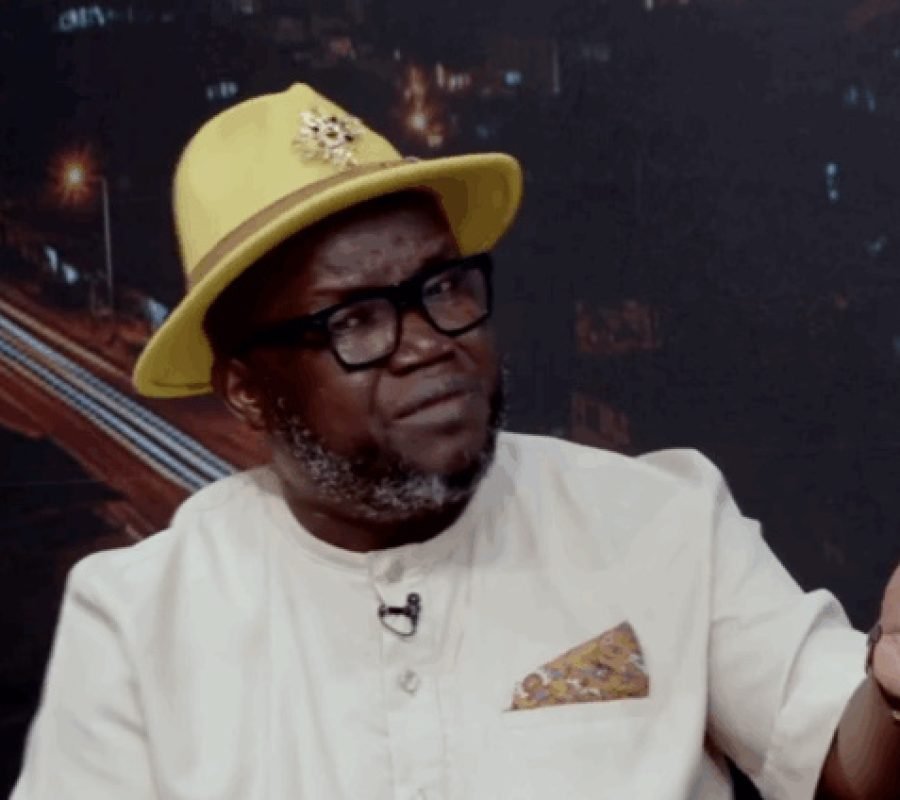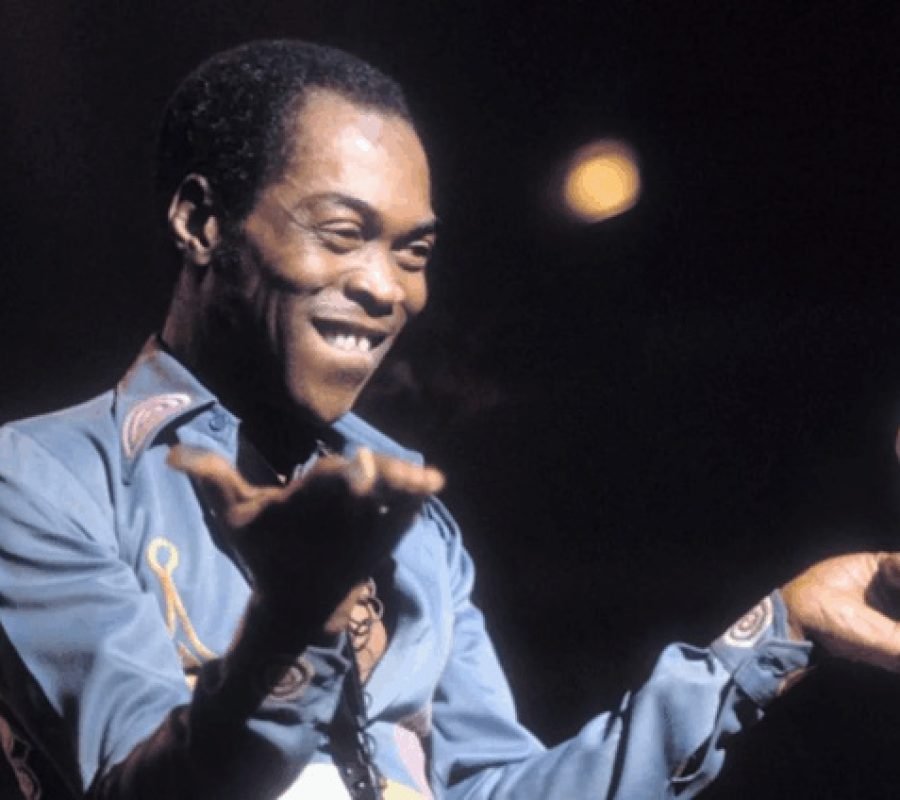COPEC's Duncan Amoah Vows to Stop Black Market Forex Dealers

The government’s recent crackdown on black market forex dealers is inadvertently destabilising the cedi and hindering efforts to stabilise fuel prices, according to Duncan Amoah, Executive Secretary of the Chamber of Petroleum Consumers (COPEC).
Mr. Amoah stated that the task force operations are creating unintended shocks in the foreign exchange market. He explained that the cedi’s performance is a major determinant of fuel prices in Ghana.
Speaking on PM Express Business Edition on Thursday, December 12, Mr. Amoah described the cedi’s behaviour as erratic. “You would find a certain window, two weeks that the cedi is relatively stable,” he told host George Wiafe. “At other times the cedi gains. Then suddenly, the next time you hear the cedi has lost some value.”
COPEC experienced this volatility firsthand on Thursday, December 11. “For today… I can put on record that whilst at the office with a few people, we kept trying to source dollars from the open market, and you will be surprised by the rates that kept coming within one hour,” Mr. Amoah revealed, describing the fluctuations as alarming.
He directly linked the instability to the security operations targeting street forex traders. “Whatever the task force did yesterday by arresting black market dealers is also having a negative impact,” he said.
Mr. Amoah advised the authorities to reconsider their approach. He suggested the government “review that carefully whether to go indeed swooping in on these guys that provide the market with the Forex, or there should be a more friendly way of approaching them.”
He warned that the current strategy could be exacerbating the problem rather than resolving it, potentially leading to further increases in fuel prices.
Image Source: MYJOYONLINE



